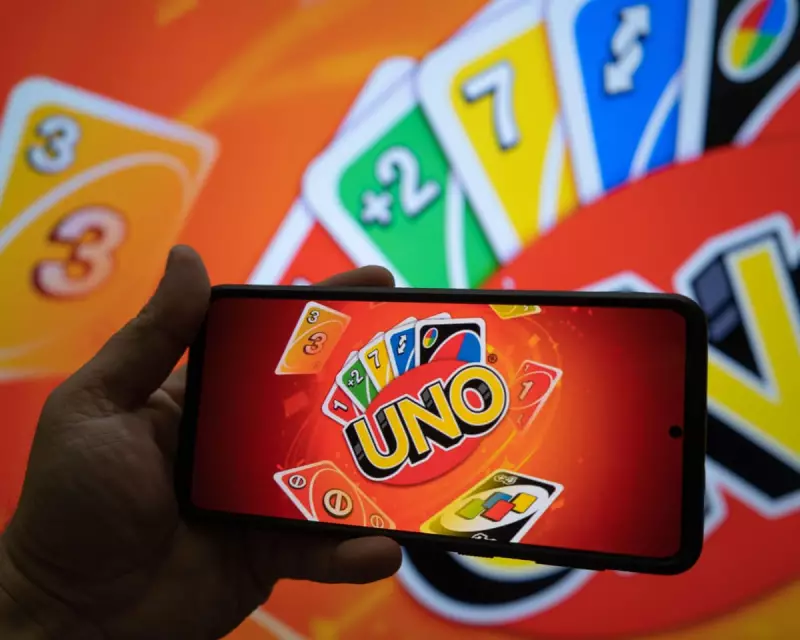
The familiar rattle of dice and rustle of paper money is getting a high-tech makeover as classic board games embrace randomisation to create entirely new gaming experiences. From chess boards that rearrange themselves to Monopoly properties that change hands unexpectedly, the very foundations of traditional gaming are being rewritten.
The End of Predictable Play
For generations, families have gathered around games where strategies became predictable and outcomes often felt predetermined. The seasoned Monopoly player who always buys the orange properties, or the chess enthusiast who has memorised every opening gambit - these familiar scenarios are being disrupted by intelligent randomisation.
Dominik Diamond, a prominent voice in the gaming community, explains how this shift is transforming player dynamics. "We're seeing a movement away from games where experience creates an insurmountable advantage," he notes. "Random elements are creating a more level playing field while keeping the games fresh even for veteran players."
Chess Boards That Think for Themselves
Imagine a chess match where the board randomly reorganises itself every ten moves, forcing grandmasters and novices alike to think on their feet. This isn't science fiction - it's the new reality for digital board game enthusiasts. The traditional 64 squares remain, but their arrangement becomes part of the strategy.
Similar innovations are affecting other classics:
- Monopoly properties that change ownership based on random events
- Uno decks that introduce surprise wildcards mid-game
- Yahtzee with dynamically changing scoring combinations
Why Gamers Are Embracing the Chaos
The appeal of randomised elements lies in their ability to recreate the excitement of playing a game for the first time. When even expert players can't predict the next move, every game becomes a new adventure. This approach has proven particularly popular in digital adaptations where algorithms can manage the complexity that would be cumbersome in physical versions.
"It's about preserving the soul of these beloved games while removing the predictability that made them stale," Diamond emphasises. "The random elements aren't replacing strategy - they're adding new layers to it."
The Future of Family Game Night
As digital platforms continue to evolve, the line between traditional board games and video games continues to blur. The randomised elements creating waves in digital versions are beginning to influence physical game design too, with new editions incorporating cards, dice, and boards that introduce unexpected variables.
This revolution ensures that the classics that have entertained families for decades will continue to do so for generations to come, with every game night offering genuinely new experiences rather than rehearsed routines.





